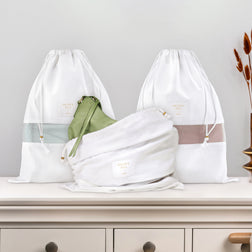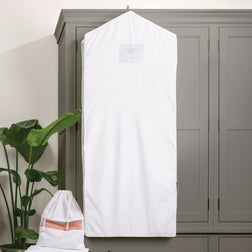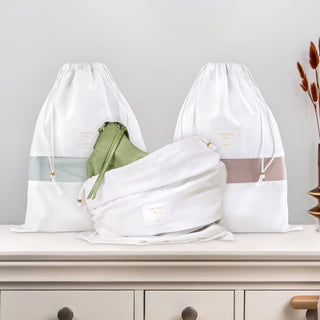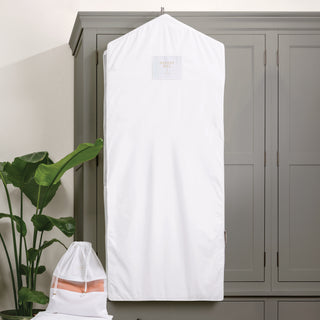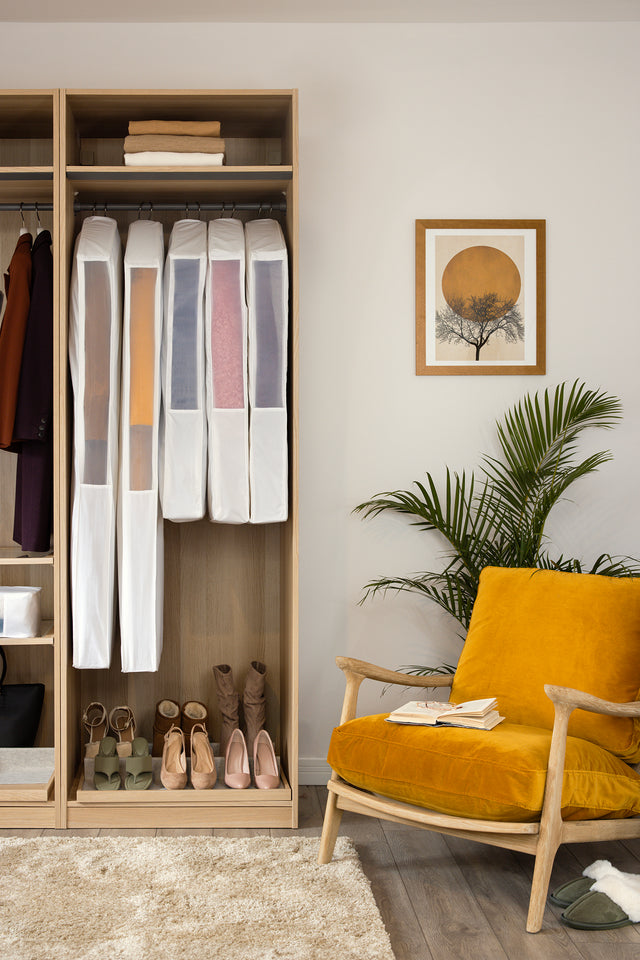Bamboo products have been gaining popularity over the last few years and can be found in everything from furniture to kitchen tools to bedding. One reason bamboo products are in high demand is because bamboo is widely considered to be a sustainable material.
Bamboo products have been gaining popularity over the last few years and can be found in everything from furniture to kitchen tools to bedding.
One reason bamboo products are in high demand is because bamboo is widely considered to be a sustainable material. But labelling all bamboo products as sustainable may be inaccurate. The issue is not quite so black and white as you may think.
We will explore the complexities of this seemingly simple question in this article.
What is bamboo?
The eco-friendly bamboo plant, which is often mistakenly labelled a tree, is actually a type of grass. There are over 1,400 different varieties of bamboo, many of which are found in Southeast Asia.
Bamboo can also thrive in the warm climates of Australia, Africa, Latin America, the U.K., and the southern U.S.
Sometimes adding 35 inches per day, bamboo grows quickly. In fact, it bears the title of the world's fastest-growing plant, with some species reaching a maximum height of about 130 feet.
Bamboo is an evergreen that stays green throughout the year. And, since most species only produce flowers and seeds once during their lives, bamboo blooms are rare.
This plant is a natural composite meaning it can be pressed into any shape and sawed or sanded like wood.
The bamboo plant has been used for thousands of years in the construction and food preparation sector and is rapidly expanding to many other industries.
How does bamboo help the environment?
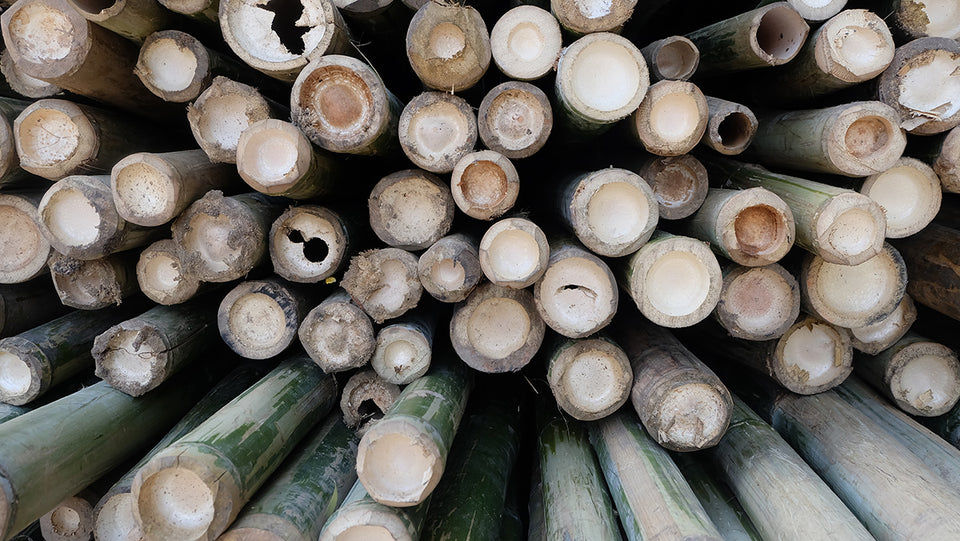
Bamboo has been utilised by humans for a variety of reasons since ancient times - and it remains useful and relevant to this day. Bamboo is a valuable raw material for many green businesses. It takes only three to five years to reach maturity, which is much faster than the time needed for tree maturity. Manufacturers who choose bamboo for their products help lessen the need for lumber and deforestation.
Bamboo plants also create 35% more oxygen and absorb more carbon dioxide than trees. According to research, one acre of bamboo can take up roughly 4.8 tons of CO2 annually, compared to 2.5 tons absorbed annually by trees. The bamboo’s root system also helps retain the earth's structure and reduce soil erosion. As a result, planting bamboo in flood-prone areas is effective at preventing landslides.
As a result of its positive impact on the environment, bamboo is used to make a variety of products, including bamboo fabric.
What are the advantages of bamboo fabric?
Bamboo fabric is beloved for its soft, rich, and silky feel and is commonly blended with other fabrics like rayon and linen.
Compared to cotton, bamboo fabric is far stretchier but equally as breathable. Bamboo fabric is typically thinner than cotton and easy to weave into fabrics with high thread counts.
Sheets, blankets, towels, and a variety of other home textiles can be made from bamboo fabric. But this fabric is most frequently used in clothing because of how soft and robust it feels. Socks, T-shirts, and other items that are worn close to the skin are made from bamboo, with underwear being the most popular.
Bamboo fabric is hypoallergenic and antimicrobial, and switching to bamboo bedding may be beneficial to people suffering from allergies and eczema.
The Reality of Bamboo Products and Sustainability

In addition to fabric, bamboo is increasingly gaining popularity as a flooring and furniture material since it holds up as well as hardwood. Additionally, this eco-friendly material is used to make kitchen utensils, toilet paper, toothbrushes, mobile phone cases, and more.
But are all these bamboo products truly sustainable?
A bamboo product's sustainability is influenced by a number of factors. The origin of the bamboo itself is one of the most crucial factors to take into account. Bamboo cannot be considered environmentally friendly if sourced from unsustainable forests. Furthermore, bamboo's carbon footprint can be significant if it is transported thousands of miles from its source.
The sustainability of bamboo products can also be impacted by their processing and manufacturing procedures. A less natural material than bamboo might even be preferable if the bamboo product requires massive amounts of water and energy to produce. Bamboo as a basis material may also lose any advantages in sustainability if harmful chemicals are employed in an item’s production.
How Sustainable is Bamboo Fabric?
Bamboo fabric is increasingly being utilised by clothing designers and manufacturers in place of cotton. If you've ever looked through the underwear section of a store or online retailer, you've probably seen items that contain bamboo.
However, bamboo fabric is challenging to produce. Bamboo must be processed extensively to be made into bamboo fabric. The plant must be chemically dissolved before it can be turned into a usable yarn. Many of the substances used in this process are hazardous to the environment, as well as poisonous. After the bamboo pulp is transformed into yarn, it must be bleached to remove bamboo’s natural colour. Even the greenest bamboo fabric manufacturing methods still require a significant amount of energy.
Not all bamboo garments should be avoided, though. When purchasing bamboo clothing, look for the source and manufacturing location to ensure you are purchasing sustainable materials and supporting sustainable fashion.
Is bamboo really sustainable?
Like every plant, bamboo aids in the removal of carbon dioxide and the release of oxygen into the atmosphere. An average bamboo grove generates a third more oxygen than an equivalent-sized forest.
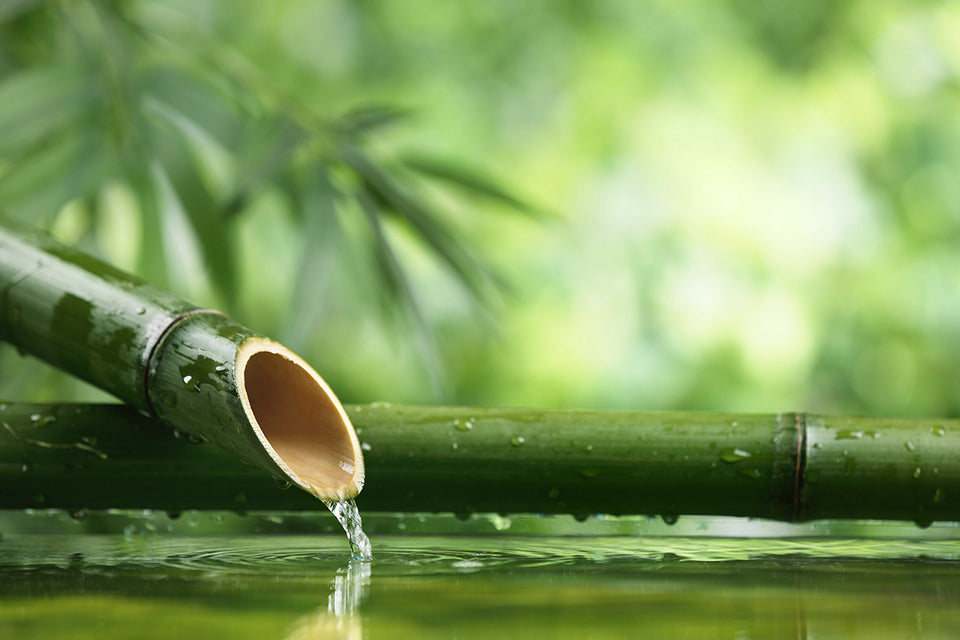
So you might believe that it makes more sense to harvest trees than bamboo. This is not true. Bamboo's roots are not damaged during harvest, so new plants can quickly regenerate from the existing root systems.
And because the bamboo roots are still intact, soil layers and underground ecosystems are not disrupted. This guarantees that even harvested regions are protected from flooding, as well as from soil erosion.
Disadvantages of Bamboo
There are many clear advantages to using bamboo as a sustainable alternative to trees. Bamboo can be frequently picked without harming the environment, it grows very quickly, and it has a wide range of uses. There are some drawbacks to take into account though.
Bamboo plantations are being cultivated at an unprecedented rate due to rising demand. Large tracts of forest and conventional woodland are being cleared to make room for these groves.
These ecosystems have a variety of trees and plants that took hundreds of years to develop and are difficult to replace. Furthermore, endangered animals frequently call these environments home.
Another issue arises from bamboo groves being rapidly planted. Bamboo is typically grown alone, much like oil palm plantations. With this monoculture strategy, a single species of the plant covers vast tracts of land. This immediately reduces biodiversity, which has significant effects on the ecosystem as a whole.
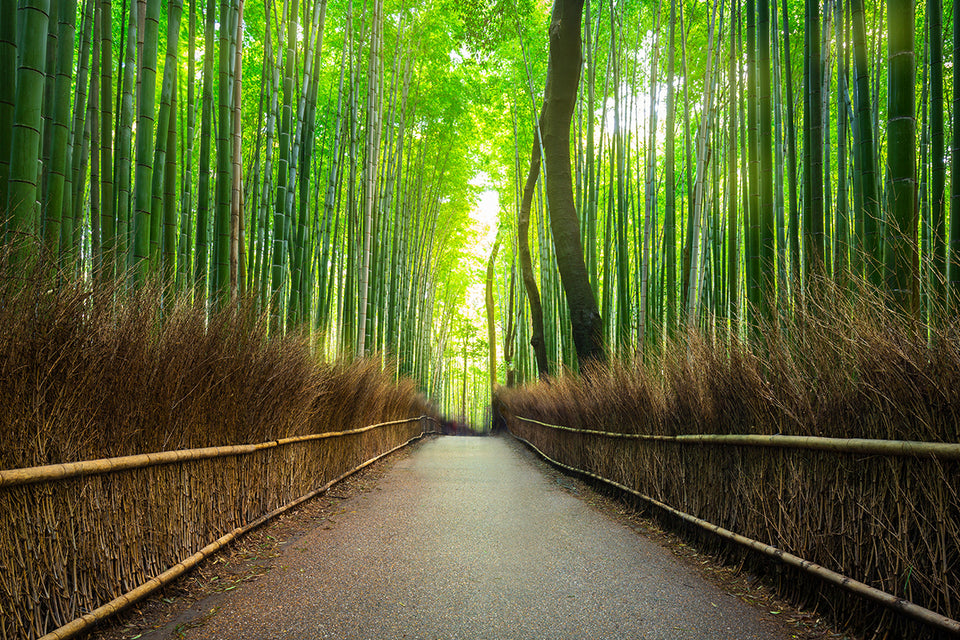
FAQs
Is bamboo really eco-friendly?
Bamboo's capacity to both absorb carbon dioxide and create oxygen makes it one of the most advantageous plants for the environment. Bamboo produces 35% more oxygen than an equivalent mass of trees, and studies have shown that it may absorb up to 4.8 tons of carbon dioxide per acre each year. This makes bamboo a highly sustainable plant.
Is bamboo better for the environment than cotton?
Bamboo is one of the fastest-growing and most environmentally sustainable plants on the planet, making it more eco-friendly than cotton. The plants share many similarities, but also differ in several key aspects. Bamboo has high moisture absorption and is very breathable, while cotton lacks these qualities.
Is bamboo the most sustainable?
Bamboo has been labeled the world's most renewable material, as a result of its ability to grow so quickly. During the cultivation process, bamboo requires almost no care or maintenance, no pesticides, and no large quantities of water. Bamboo is also a self-sufficient plant, making it the most sustainable plant.
Is bamboo harmful to the environment?
Even though bamboo is thought of as a more resilient and sustainable crop than trees, to produce a bamboo product the pulp is subjected to severe chemical processing that is bad for the environment and the nearby community. Bamboo in itself is fully sustainable, but the manufacturing process of this plant has many negative effects on the environment.
Is bamboo toilet paper sustainable?
Bamboo toilet paper initially appears to be a simple swap if you wish to commit to sustainability. However, the location of the paper’s manufacturing will significantly impact how eco-friendly it is. A significant carbon footprint is created if the bamboo toilet paper was made in one location and then shipped around the world.
So what is the final verdict on bamboo’s sustainability?
There is much to be said in favour of the bamboo plant itself. This unusual grass is extremely sustainable due to its rapid growth rate. It helps stop soil erosion and captures more CO2 than trees. Additionally, it is biodegradable, hypoallergenic, and antimicrobial.
Many brands have chosen bamboo as a material for their products because it is an eco-friendly alternative to plastics or wood.
However, transforming bamboo from plant to finished product brings its own set of issues that companies must address for a bamboo product to be truly sustainable.
Yet, in spite of these challenges, bamboo has incredible potential to replace wood and fossil fuels and have a significant positive impact on the environment.
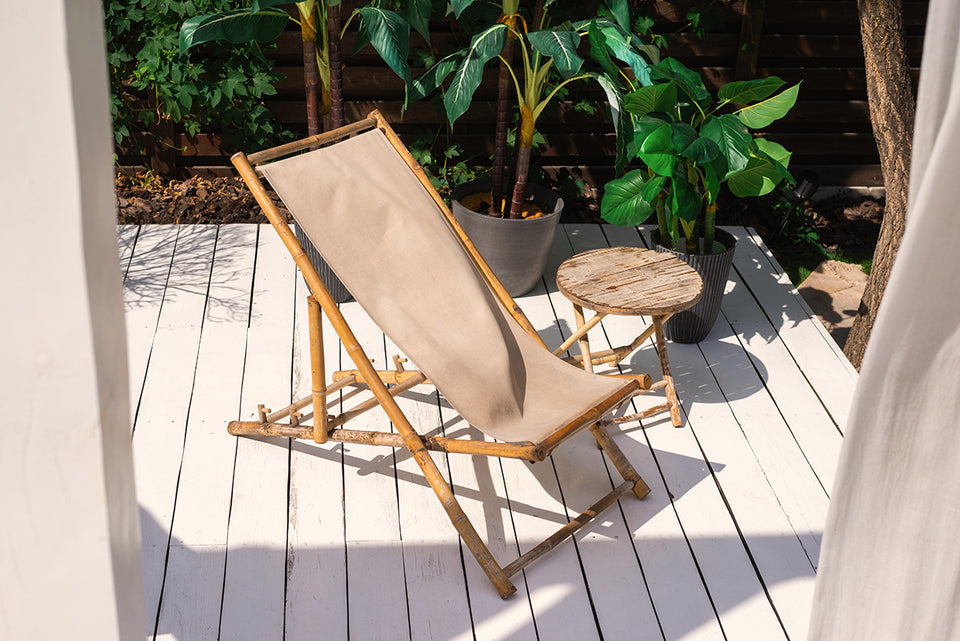
Hayden Hill garment bags are made of 100% organic, soft cotton that is environmentally friendly and allows your favourite pieces to breathe while keeping them protected from damage. We deliver sustainable and beautiful garment care to preserve and protect the clothes you love most.
